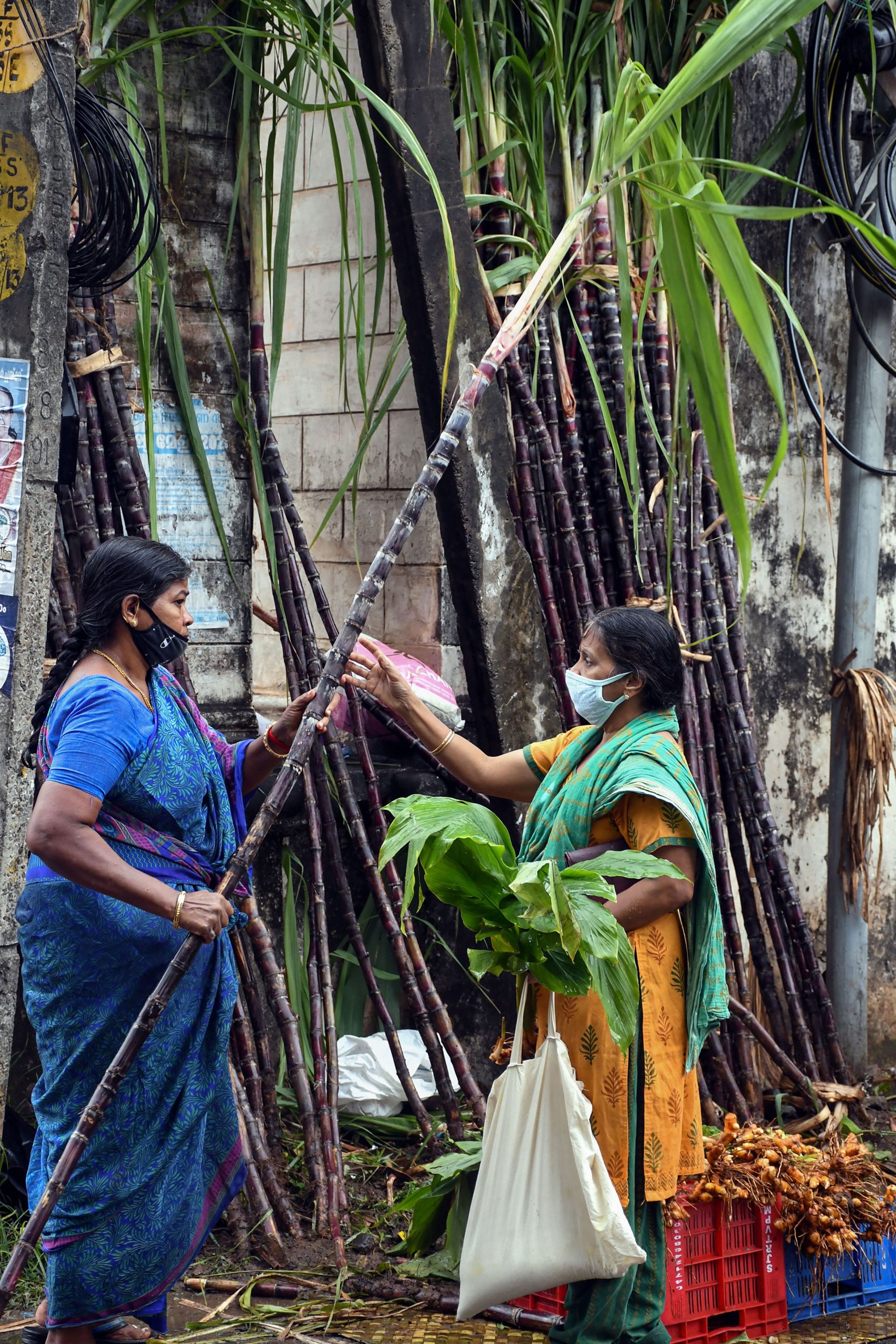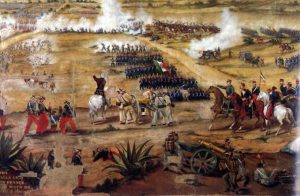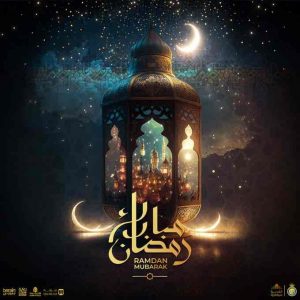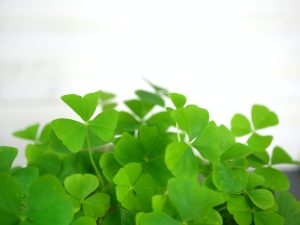Vibrant Kolams,
the sweet essence of rice, milk, ghee and jaggery simmering in clay pots, bulls
and cattles stealing the show with their radiant costumes, bells and garlands, bonfires
– only one thing comes to mind, the harvest festival of Pongal. Pongal is
celebrated with great pomp and show in Southern India.
However, with a
country as diverse as India, rituals and folklore vary from state-to-state.
While the overall concept of the festival remains the same, each state
celebrates Pongal with a touch of its own traditions.
Here’s how Pongal
is celebrated across different states in India:
1. Karnataka
The harvest festival of Pongal is celebrated with a
lot of revelry in the southern state of Karnataka. People look forward to ‘Ellu
Birodhu’, a ritual where women exchange ‘Ellu Bella’, a sweet dish made of
coconut, sesame seeds, freshly cut sugarcane and jaggery. A famous saying ‘ellu bella thindu olle maathadi’ can be heard in every household, which
means ‘eat the mixture of sesame seeds and jaggery and speak only good.’
Farmers decorate their bulls and cows in colourful costumes and jump over fire
along with their bulls in a ritual called ‘Kichchu Haayisuvudu’.
2.
Andhra Pradesh
People of Andhra Pradesh celebrate Pongal
for four days. On the first day, called ‘Bhogi Panduga’, people throw away old
items into the ‘bhogi’ or bonfire. The second day, called ‘Pedda Panduga’ which
means ‘Big Festival’, marks celebrations with prayers, new clothes and feasts. ‘Muggu’
designs and ‘gobbemma’ (hand-pressed piles of cow dung) adorn the entrance of
the house.
Next comes ‘Kanuma’, a very special day for farmers where they
worship their cattle that symbolises prosperity. The final day, ‘Mukkanuma’ is
marked with farmers offering prayers to the five elements for blessing their
harvest.
3.
Kerala
In Kerala, Pongal is a time to make merry. Lord Indra, the lord of rain is worshipped on ‘Bhogi
Pongal’, the first day of the harvest festival. Useless things are discarded to
mark a new beginning. The second day, ‘Thai Pongal’, is marked by a ritual of
boiling rice with fresh milk and jiggery in new clay pots in early morning.
This ritual is performed to attract prosperity. The dish, garnished with dry fruits,
is then offered to Mother Nature. Farmers offer their gratitude to cattle on
the third day, ‘Mattu Pongal’, for their contribution in agriculture. They are
adorned with flowers and bells. The last day, ‘Kaanum Pongal’, is a day to be
with the family.
Another highglight of Pongal in Kerala is
whe thousands of people throng to see the ‘Makara Vilakku’ (flame on
Ponnambalamedu hill) near the Sabarimala Temple when the Makara Jyothi, the
celestial star appears in the sky. It is believed that Lord Ayyappa Swami
appears in the form the star and showers his blessings.
4.
Odisha
The Telugu population in Odisha celebrates
the harvest festival for three days. Colourful rangolis, bonfires and cultural
programmes ensure that Pongal is celebrated with pomp and gaiety.
Some people
also play dandiya. Pongali, the dish prepared with the newly-harvested rice,
dal, jiggery, dry fruits, sugar and milk, is prepared at every household.
5.
Maharashtra
People exchange ‘til-gud’ as tokens of
goodwill and greet each other with these sweet words, ‘til-gud ghyaa, aani goad-goad bola’ meaning, ‘Accept these
sweets and utter sweet words.’
A newly-wed woman gives away oil, cotton and sesame
seeds to mark the auspicious day of the harvest festival. Women dress in new
clothes and glass bangles for the ‘Haldi Kumkum’ ceremony.
So, feast on the sweet Pongali or ’til-gud’ or ‘ellu bella’, pray the lords and indulge in the festivities of Pongal.







